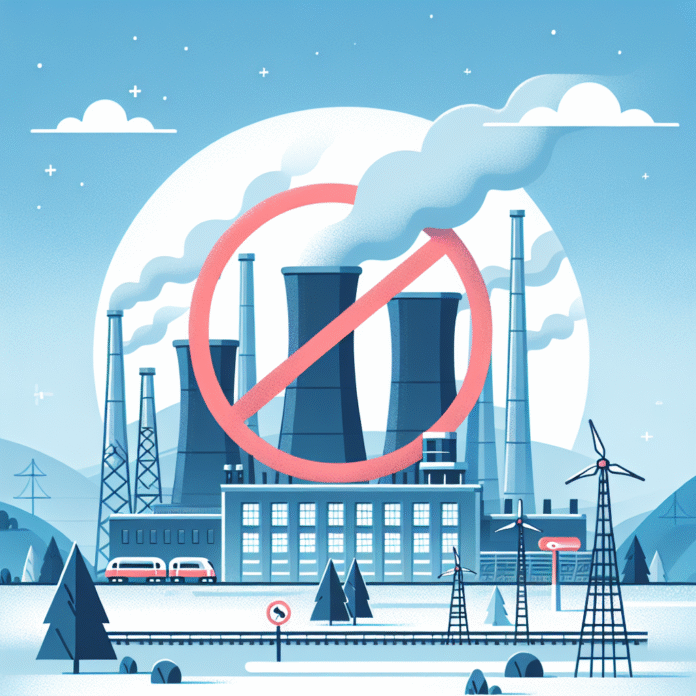Trump Administration Plans to End Greenhouse Gas Limits on Power Plants
The Washington Post
Trump Administration Moves to Eliminate Greenhouse Gas Regulations for Power Plants
The Trump administration has announced its intention to roll back existing regulations aimed at limiting greenhouse gas emissions from power plants. This decision marks a significant shift in the U.S. government’s approach to environmental policy, particularly in relation to climate change and public health.
The proposal is part of a broader agenda to reduce federal oversight and deregulate industries deemed burdensome by the administration. By rescinding these limits, the administration argues that it will promote economic growth, enhance energy independence, and lower electricity costs for consumers.
Implications for Climate Change
Environmentalists and climate scientists have expressed deep concern over this decision, emphasizing that reducing greenhouse gas emissions is crucial for mitigating climate change. Power plants are among the largest sources of carbon dioxide emissions in the United States, and the rollback of regulations could significantly hinder progress toward national and global climate goals. The move is seen as a setback to the commitments made under the Paris Agreement, which seeks to limit global warming to well below 2 degrees Celsius.
Public Health Concerns
In addition to its environmental impact, the elimination of these regulations raises serious public health concerns. Studies have shown that air pollution from power plants can lead to respiratory diseases, cardiovascular issues, and premature deaths. Critics argue that relaxing emissions standards will disproportionately affect vulnerable communities, particularly those located near power plants, who already face higher risks of health complications.
Economic Considerations
While the administration claims that removing these limits will stimulate job growth within the energy sector, opponents contend that the long-term economic costs of climate change—such as increased natural disasters, health care costs, and loss of biodiversity—may far outweigh any short-term benefits. Transitioning to cleaner energy sources has also been shown to create jobs in renewable energy sectors, which could be jeopardized by a renewed focus on fossil fuels.
Future Outlook
As this policy unfolds, various stakeholders—including state governments, environmental organizations, and the private sector—will likely engage in a heated debate over the merits and consequences of the administration’s approach. Some states have already indicated plans to pursue their own emissions regulations, regardless of federal policy changes, reflecting a growing trend toward local governance in environmental matters.
With the door opened to deregulation, the future of U.S. energy policy remains uncertain. The implications of these changes will be felt for years to come, as the nation grapples with the dual challenges of energy production and climate change. As the situation evolves, continued advocacy for sustainable practices and policies will be essential in shaping the trajectory of America’s energy landscape.


